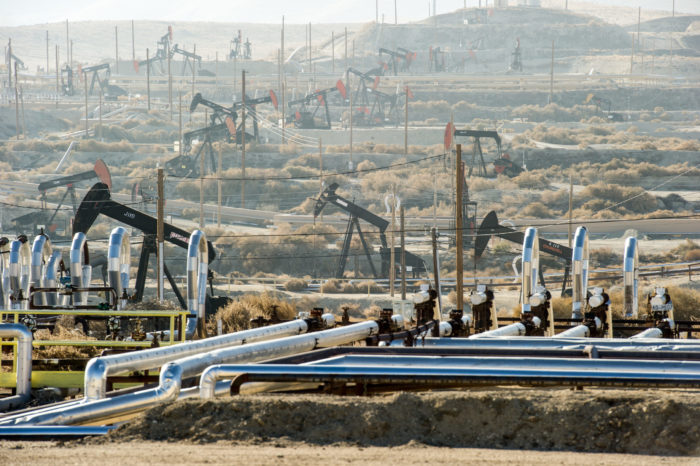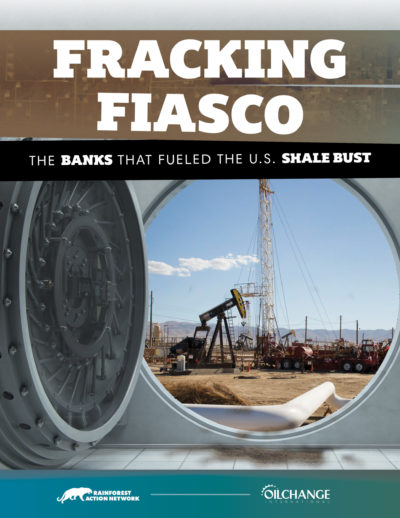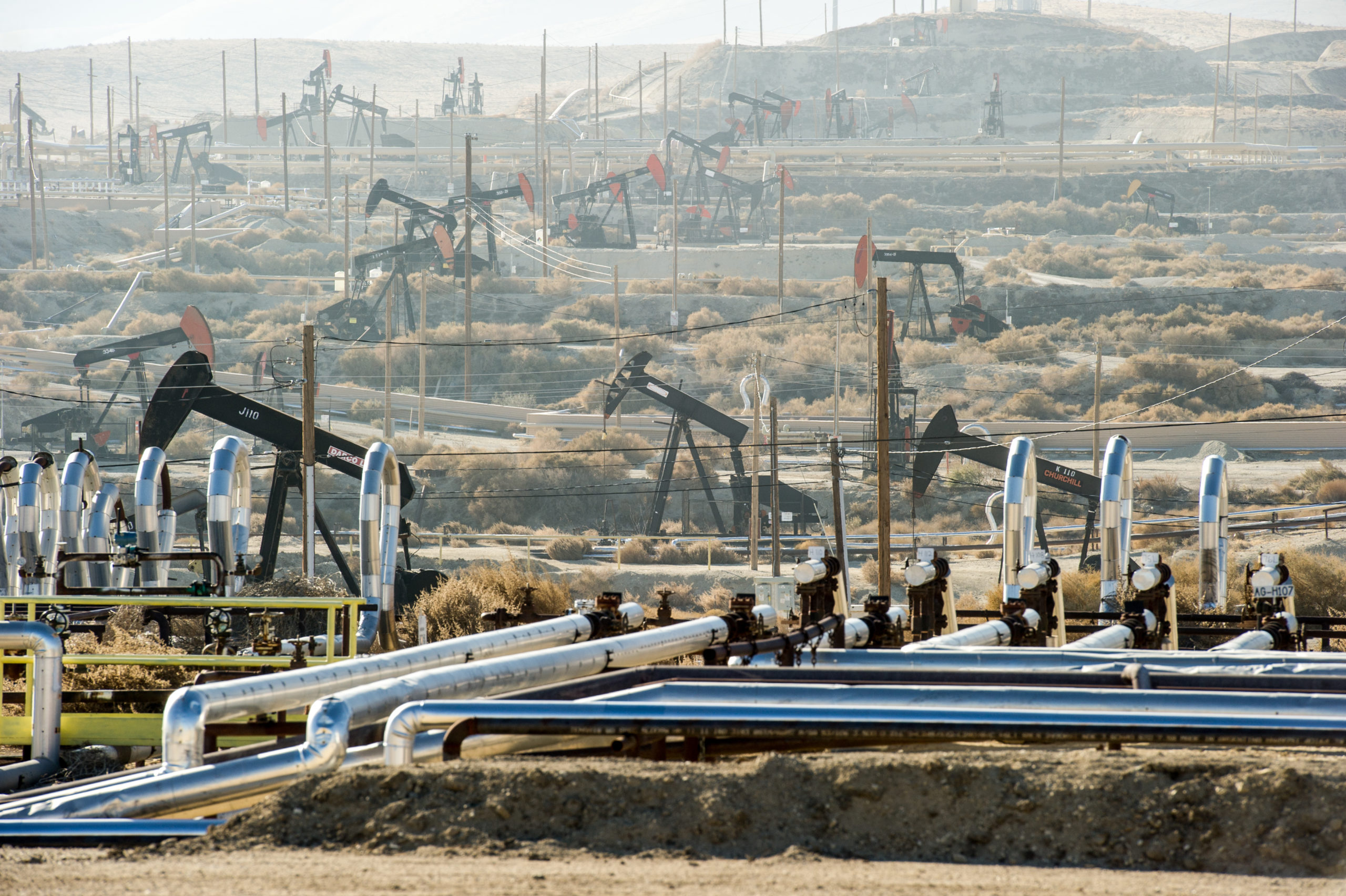Today, RAN and our friends at Oil Change International released a new report: Fracking Fiasco: The Banks That Fueled the U.S. Shale Bust. We looked at bank financing for top U.S.-focused fracking companies, and… what we found probably won’t surprise you.
JPMorgan Chase and Wells Fargo have consistently been the biggest bankers of U.S. fracking, together providing almost 40% of financing since the Paris Agreement was adopted. Combined with Citi and Bank of America, these four Wall Street banks have provided over half of U.S. fracking financing since Paris!

Here are the top 10 banks:
Financing for Top U.S. Frackers Since Paris (1/1/16 – 8/31/20)
- Wells Fargo: $48.96 billion (22% of total)
- JPMorgan Chase: $37.79 billion (17%)
- Citi: $16.73 billion (7%)
- Bank of America: $16.65 billion (7%)
- Credit Suisse: $13.91 billion (6%)
- Goldman Sachs: $11.58 billion (5%)
- Bank of Montreal: $10.69 billion (5%)
- MUFG: $7.91 billion (4%)
- Mizuho: $7.20 billion (3%)
- RBC: $7.19 billion (3%)
Total: $224.65 billion
These are more than just numbers — each dollar of this financing has real impacts on communities and the climate.
The fracking boom has come at a terrible cost. For example, in the Appalachian Basin — the largest fossil gas basin in the U.S. — evidence emerged in 2019 of a shocking community health impact potentially connected to the Marcellus shale play. The Pittsburgh Post-Gazette reported that 27 cases of Ewing’s sarcoma, a rare childhood bone cancer, had been diagnosed from 2008 to 2018 in four counties near Pittsburgh with widespread fracking extraction — more than three times the expected rate.
Plus, more funding for fracking extraction incentivizes the buildout of midstream infrastructure for fracked oil and gas, such as pipelines and fracked-gas import and export terminals, which also pose grave risks to local communities, Indigenous rights, and ecosystems.
Fracking is also at the heart of the fossil fuel industry’s planned expansion of oil and gas extraction, making it one of the world’s leading threats to the climate. We can’t afford for banks to ride out another boom and bust cycle with the troubled fracking industry just to collect fees along the way.
The coronavirus pandemic has served as a stress test for the entire fossil fuel industry — one which it is failing. Nowhere is that more clear than among U.S. fracking-focused oil and gas extraction companies, with dozens of companies declaring bankruptcy this year. One example is Chesapeake Energy, the poster child of corruption and red ink in the fracking industry, whose exit from bankruptcy is being financed by Japanese megabank MUFG.
But it has been obvious for a decade that the sector is extremely risky, as well as having terrible — and growing — impacts on community health, environmental justice, and the climate. Despite the clear risk, banks have backed the U.S. fracking sector every step of the way.
This has to stop. We need banks like JPMorgan Chase and its peers around the world to end financing for fossil fuel expansion — including the expansion of fracking extraction and infrastructure. Join us, and tell JPMorgan Chase to #DefundFossilFuels!
For methodological details and more data, check out the full report at ran.org/frackingfiasco.

